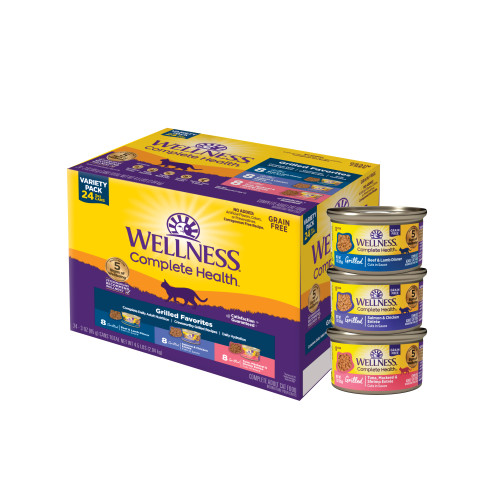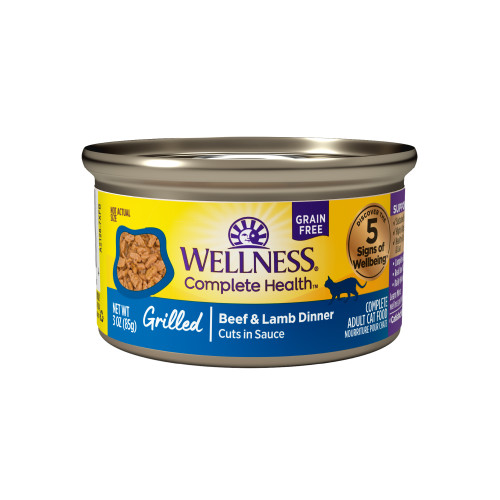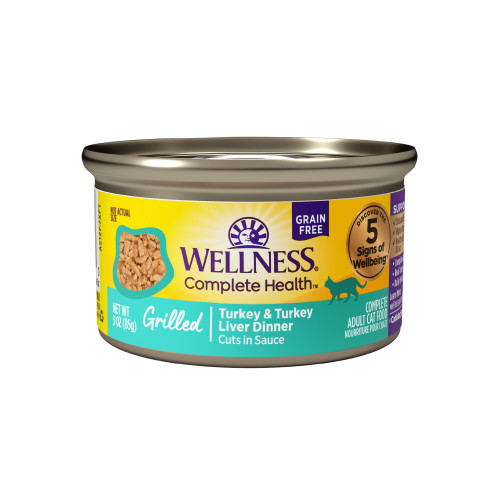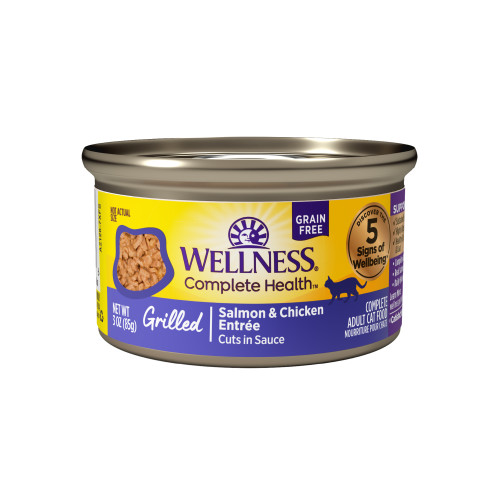December 8, 2023
How to maintain a pet-friendly home for the holidays
Creating a pet friendly home for the holidays is important to ensure your furry friends can enjoy the festivities while staying safe and comfortable. All the sights, sounds, food, and guests visiting may be fun and exciting for us, but this is a huge change in routine for our furry friends. Here are some tips for a pet friendly holiday season:
While Decorating
Pet Friendly Tree: Ensure the tree is securely anchored to prevent tipping. Place fragile ornaments higher up on the tree where pets can’t reach them and avoid using glass ornaments altogether. Keeping a pet from drinking Christmas tree water is important because the water may contain chemicals, preservatives, or bacteria from the tree, which can be harmful to your pet’s health. Consider placing a barrier around the tree with a pet gate or create a physical barrier around the base of the tree to keep your pet away from the tree stand and its water. If you use additives in the tree water to prolong its freshness, ensure that they are safe for pets.
Pet Safe Plants: Introducing pet safe plants into your home during the holidays can add a festive touch while ensuring the safety of your furry friends. Some popular and non-toxic options include Christmas cacti, spider plants, and Boston ferns. These plants not only bring a touch of greenery to your décor but also offer a safe holiday environment for pets. However, it’s crucial to remain cautious and avoid toxic plants like poinsettias, holly, and mistletoe, which can be harmful if ingested by curious pets. Always research and confirm the safety of any plants you bring into your home, and monitor your pets to ensure they don’t nibble on them. The ASPCA is a great resource for researching pet-safe holiday plants.
Secure Wires and Cords: Securing cords and wires from pets is a crucial safety measure for both your furry companions and your household. Pets, especially puppies and kittens, have a natural tendency to chew on and play with anything within their reach, including electrical cords. To prevent accidents and potential harm, it is essential to keep cords out of their grasp. Using cord protectors, cable organizers, or plastic tubing to conceal and bundle cords can effectively deter pets from gnawing on them. Additionally, strategic placement of furniture or barriers can keep cords hidden and inaccessible.
Safe Lighting: If you are using holiday lights, make sure cords are safely tucked away or protected to prevent pets from chewing on them. Consider using pet-safe LED lights, which emit less heat and are less likely to cause burns. Avoid candles, as open flames and pets don’t mix. They can be a hazard for pets, especially those with curious whiskers or tails. Instead, use flameless candles or place traditional candles in areas your pets can’t access.
Monitor Decorative Accessories: Be mindful of small decorative accessories like ribbons, strings, and small toys that could be ingested by pets. Decorative accessories can add charm and flair to your home, but it is essential to be mindful of their potential hazards. Items like tinsel, ribbon, and string can be incredibly appealing to cats, often resembling their favorite toys. However, if ingested, these items can lead to severe health emergencies. Similarly, glass ornaments, small decorations, and baubles can be tempting for both dogs and cats, posing a choking hazard or causing injuries if broken. To prevent holiday hazards for pets, it’s crucial to secure or avoid these decorative accessories and opt for pet-safe alternatives whenever possible. If you suspect that your pet has ingested any part of your holiday decorations, look for signs like vomiting or changes in bowel movement. Any appetite or behavioral changes are potential warnings, and they should be addressed immediately.
While Celebrating
Avoid Holiday Foods: Many toxic holiday foods for pets can contain harmful ingredients, including chocolate, grapes, raisins, alcohol, garlic, onions, and certain types of nuts. Keep these foods out of reach and remind your guests not to feed your pets from the table. Have some ground rules for safe foods to feed your pets for family and friends. This list can be hung on the refrigerator or another prominent location for reference.
Provide Pet-Safe Holiday Treats: During the holidays, it is common to want to share some special treats with your pets. To ensure they are safe and healthy, consider making some homemade treats with pet-safe ingredients like oats, peanut butter, and pumpkin. Consider, while making your own favorite holiday treats, creating a few for a pet plate of goodies to share with friends and family as well. Or purchase commercially available treats to have on hand for your guests to share with your pets.
Keep Trash Secure: With holiday feasts come more leftovers and potentially enticing trash. Ensure that your trash cans have secure lids to prevent pets from rummaging through them. Use trash cans with secure lids that are difficult for pets to open, and consider storing trash in cabinets, closets, or rooms that are inaccessible to your pets.
Limit Noise and Stress: Creating a pet safe holiday atmosphere during events or holidays is an important consideration for their comfort. The chaos, excitement, and unfamiliar faces can often be overwhelming for our furry friends. Designating a quiet, familiar area where your pet can retreat to is important to reduce their stress. This space should be equipped with their favorite bedding, toys, and water, providing a comforting environment where they can get a break from the festivities. Additionally, consider using white noise machines or soothing music to drown out loud sounds from festivities or fireworks.
Calming Supplements/medications: Calming supplements for pets can be a valuable aid during the holiday season, which is often a time of heightened stress and anxiety for our furry friends. These supplements, usually available in the form of chews, treats, or diffusers may contain natural ingredients like chamomile, valerian root, and L-Tryptophan that promote relaxation without causing harm to pets. They can help reduce the anxiety that can arise from the hustle and bustle of holiday gatherings, fireworks, or travel. Calming supplements are particularly beneficial for pets prone to nervousness or those easily agitated by changes in routine. Many of these calming foods/supplements work best with daily use for 10-14 days leading up to the stressful event. Make sure to read the feeding instructions carefully and prepare in advance. Your veterinarian can also provide medication options for your pet if something in addition to supplements are needed. Be sure to discuss your pet’s situation with your veterinarian ahead of time so there will be ample time to get the medication ready and time for them to take effect.
Pet Identification: With the increased hustle and bustle during the holidays, there’s a higher chance that pets could slip out of the house unnoticed. Make sure your pets are wearing collars with up-to-date identification tags or consider microchipping them.
Remember that each pet is unique, so take their individual personalities and sensitivities into account when planning your pet-friendly holiday home. By incorporating these holiday pet care tips, you can create an environment where both you and your pets enjoy a stress-free and joyful holiday season.





